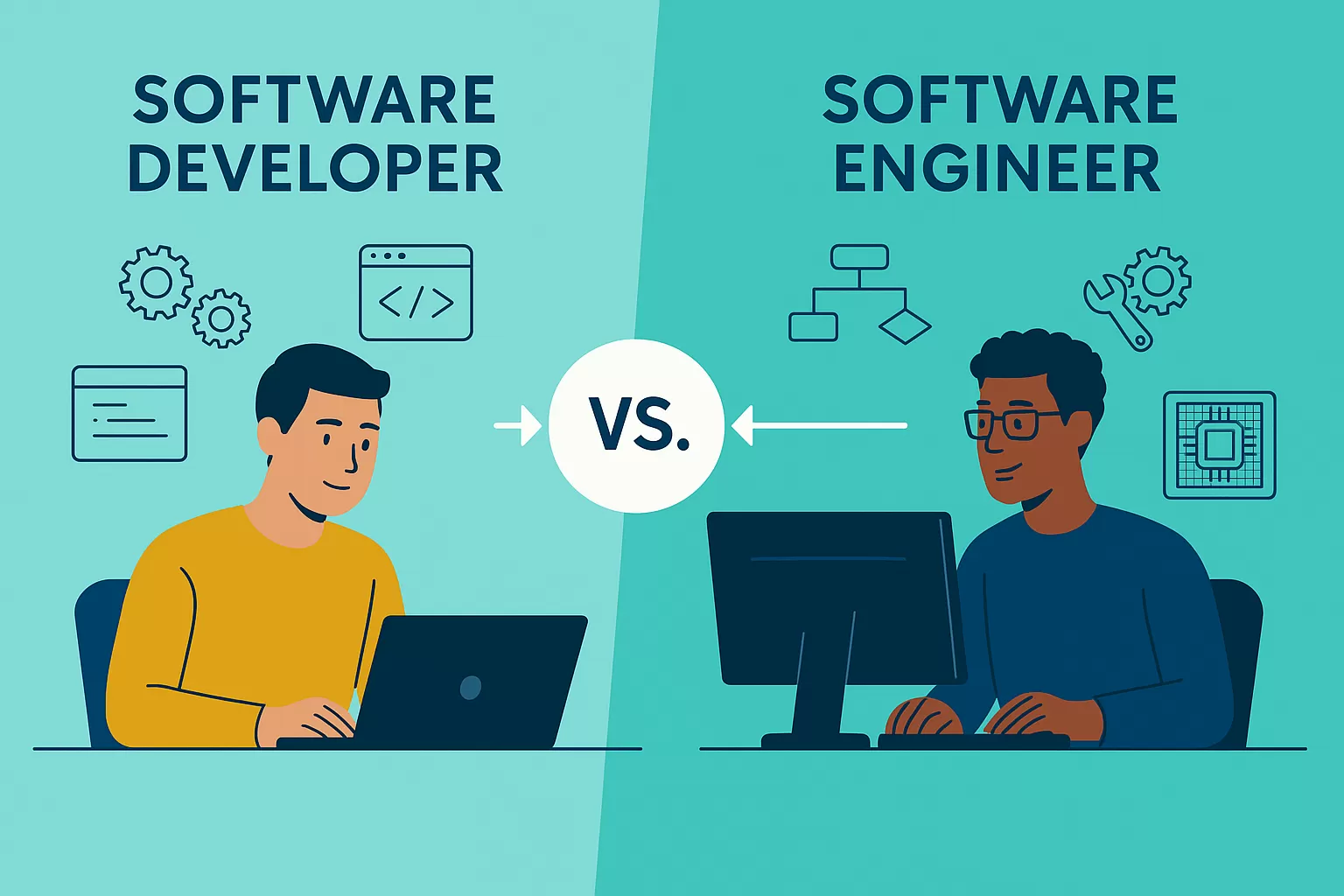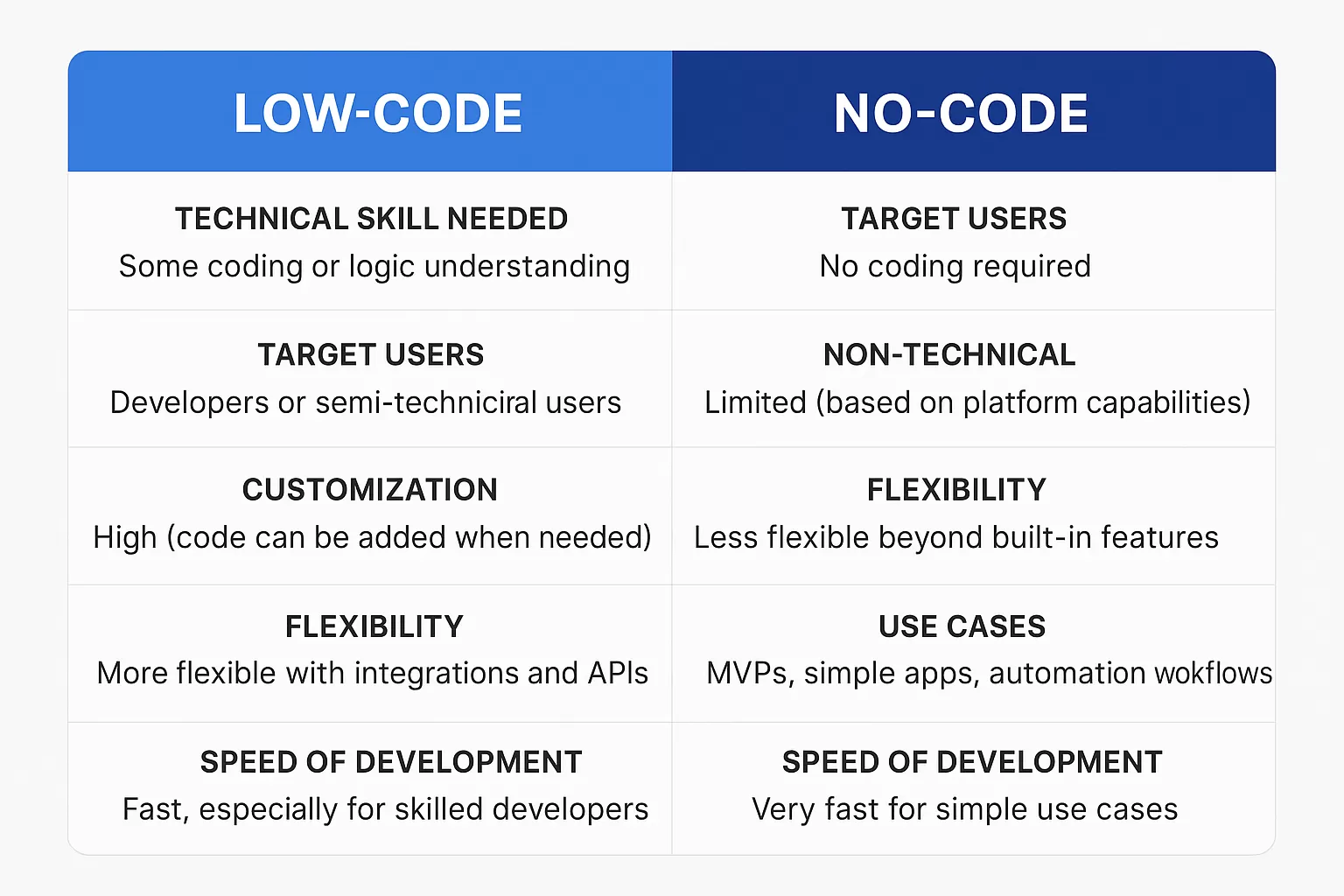The integration of Artificial Intelligence (AI) into the defense sector is one of the most transformative developments of the 21st century. From improving military strategy and decision-making to enhancing operational efficiency and ensuring national security, AI is redefining the landscape of defense. As AI technologies advance, their impact on defense systems, defense logistics, cybersecurity, and combat operations will only grow stronger.
In this blog, we will explore the role of AI in modernizing the defense sector, the future trends shaping its development, and the profound impacts it will have on military operations, strategies, and global security.
- AI-Driven Decision-Making and Strategy Development
AI can assist military leaders in making more accurate, data-driven decisions. AI systems can process vast amounts of data from diverse sources in real time, allowing for faster and more informed decision-making in complex and dynamic environments.
How AI helps:
- Intelligent Decision Support: AI algorithms can analyze battlefield data, intelligence reports, weather forecasts, and logistical information to provide commanders with actionable insights. By simulating various scenarios, AI can suggest optimal strategies and tactics for different situations.
- Predictive Analytics: AI's ability to forecast enemy movements, supply chain needs, and potential threats based on historical data and real-time intelligence will allow defense agencies to anticipate and prevent security challenges more effectively.
- Autonomous Planning: AI-driven systems can autonomously generate mission plans, coordinating assets and forces for optimal outcomes. These systems also help in identifying weaknesses in existing strategies and provide solutions to mitigate those weaknesses.
Future Impact:
- Real-time adjustments: AI will enable rapid adjustments to operational plans as battlefield conditions change, giving commanders the flexibility to respond quickly to emerging situations without having to wait for traditional planning cycles.
- Autonomous Systems and Robotics
Autonomous systems and robotics are poised to become essential components of modern defense. AI-powered drones, unmanned ground vehicles (UGVs), and autonomous submarines are already being used in military operations and reconnaissance missions, with the potential to completely revolutionize combat and logistical strategies.
How AI helps:
- Unmanned Aerial Vehicles (UAVs): AI-powered drones are increasingly being used for surveillance, reconnaissance, and targeted strikes. These systems are capable of operating in high-risk environments without putting human soldiers at risk. AI allows UAVs to navigate complex terrains, avoid threats, and complete missions autonomously or with minimal human intervention.
- Autonomous Ground and Sea Vehicles: Autonomous land vehicles (robots, tanks) and underwater drones can perform dangerous tasks, such as mine-clearing or search-and-rescue missions. With AI, these systems can navigate without the need for constant human control.
- Swarm Robotics: AI enables the coordination of large swarms of drones or robotic systems, which can work together to accomplish tasks like surveillance, disruption, or even defense against threats. Swarm robotics is a particularly promising area for large-scale operations involving multiple units working together autonomously.
Future Impact:
- Reduced Human Casualties: With the use of AI-powered autonomous systems, human soldiers can be kept out of harm’s way during dangerous missions, significantly reducing the risk of casualties.
- Increased Precision: Autonomous systems driven by AI can execute tasks with a higher degree of precision, reducing collateral damage and enhancing mission success rates.
- Cybersecurity and AI-Driven Defense
As the world becomes increasingly reliant on technology, cyberattacks have become one of the greatest threats to national security. AI is playing a critical role in strengthening cybersecurity and defending against increasingly sophisticated threats in cyberspace.
How AI helps:
- Threat Detection and Prevention: AI systems can analyze vast amounts of data to detect abnormal behavior or potential vulnerabilities in military networks. By identifying suspicious activity in real time, AI can prevent cyberattacks before they cause significant damage.
- Automated Defense Systems: AI-powered cybersecurity systems can autonomously identify and neutralize threats, such as malware, ransomware, and DDoS (Distributed Denial of Service) attacks, without human intervention. This ensures rapid response to evolving threats.
- Adaptive Defense Systems: AI can help develop self-learning systems that continuously adapt to new cyber threats, making it harder for adversaries to breach defense networks. AI can also predict the next steps of cyber adversaries, enabling defense organizations to act proactively.
Future Impact:
- Enhanced Cyber Resilience: AI’s ability to detect and neutralize cyber threats autonomously will enhance the overall resilience of military and defense networks, safeguarding sensitive national security data and preventing cyber warfare.
- AI in Intelligence, Surveillance, and Reconnaissance (ISR)
Intelligence, surveillance, and reconnaissance (ISR) are core aspects of military operations. AI significantly enhances the effectiveness and efficiency of ISR, enabling defense forces to monitor large areas, identify potential threats, and respond with precision.
How AI helps:
- Data Processing and Analysis: AI can process vast amounts of data from satellites, surveillance cameras, sensors, and intelligence reports much faster than humans. This enables military forces to quickly identify and respond to threats.
- Image and Video Recognition: AI-powered systems can analyze satellite images, drone footage, and other visual data to detect objects, patterns, and movements of interest. This helps in the early identification of threats, such as enemy troop movements, weapon deployments, or infrastructure vulnerabilities.
- Real-Time Insights: AI systems can generate real-time insights from ISR data, allowing military leaders to make informed decisions on the ground or remotely.
Future Impact:
- Faster Response Times: With AI-driven ISR systems, military forces can shorten the time between identifying a threat and taking action, improving operational efficiency and tactical advantage.
- Better Resource Allocation: AI will help prioritize resources based on real-time analysis of the battlefield, ensuring that military assets are used optimally.
- AI-Enhanced Training and Simulation
Training is critical for preparing military personnel for combat situations. AI can enhance training programs through virtual simulations and adaptive learning platforms that provide realistic, immersive environments for soldiers to practice decision-making, combat skills, and strategy.
How AI helps:
- Realistic Training Simulations: AI-driven simulations can recreate realistic combat scenarios, enabling soldiers to practice tactics, teamwork, and decision-making in a risk-free environment. These simulations can be customized based on the individual’s experience and skill level.
- Adaptive Learning Systems: AI can create personalized training programs that adapt to the learner’s progress, focusing on areas that require improvement. This ensures more efficient and targeted training for each individual soldier.
- Virtual Reality (VR) and Augmented Reality (AR): AI enhances VR/AR training programs by creating highly immersive experiences that simulate real-world environments. This allows soldiers to train in various scenarios without needing physical resources or locations.
Future Impact:
- Better Prepared Personnel: AI-powered training systems will ensure soldiers are better prepared for a wide range of scenarios, improving overall mission success and readiness.
- Cost-Effective Training: Virtual simulations can reduce the need for expensive live drills, making training more cost-effective and efficient.
- Ethical and Strategic Challenges of AI in Defense
While AI offers immense benefits to the defense sector, its integration also brings ethical, strategic, and security concerns. The increased reliance on AI systems raises questions about the accountability of decisions made by autonomous systems and the potential risks of AI-driven warfare.
Challenges to address:
- Autonomy vs. Human Control: There is an ongoing debate about the role of human oversight in autonomous military systems. Decisions made by AI could have life-and-death consequences, so it’s crucial to ensure human control over critical decisions.
- Bias and Transparency: AI systems must be designed to avoid biases in decision-making, especially in high-stakes environments like combat. Transparency in how AI algorithms make decisions will be critical to ensure they align with ethical standards and international laws.
- Security Risks: AI systems are susceptible to hacking and adversarial attacks. Ensuring the security of military AI systems is vital to prevent adversaries from gaining control of critical defense infrastructure.
Future Impact:
- Regulation and Oversight: As AI becomes more integrated into military systems, international regulatory frameworks and ethical guidelines will be necessary to ensure responsible use and prevent misuse of AI in warfare.
- Global AI Arms Race: The development of AI-powered weapons systems could lead to a new arms race, where nations compete to build the most advanced AI capabilities, potentially increasing global tensions and security risks.
Conclusion
AI is not just modernizing the defense sector—it is transforming it. From autonomous systems to predictive analytics and cybersecurity enhancements, AI offers the defense industry unprecedented opportunities to improve operational efficiency, enhance national security, and redefine military strategies. However, as we embrace the potential of AI, it’s crucial to address the ethical and security challenges that come with its deployment to ensure that its use in defense is responsible and aligned with international laws.
As AI continues to evolve, the defense sector must stay ahead of emerging trends and invest in research, development, and responsible deployment to harness the power of AI while mitigating risks.











